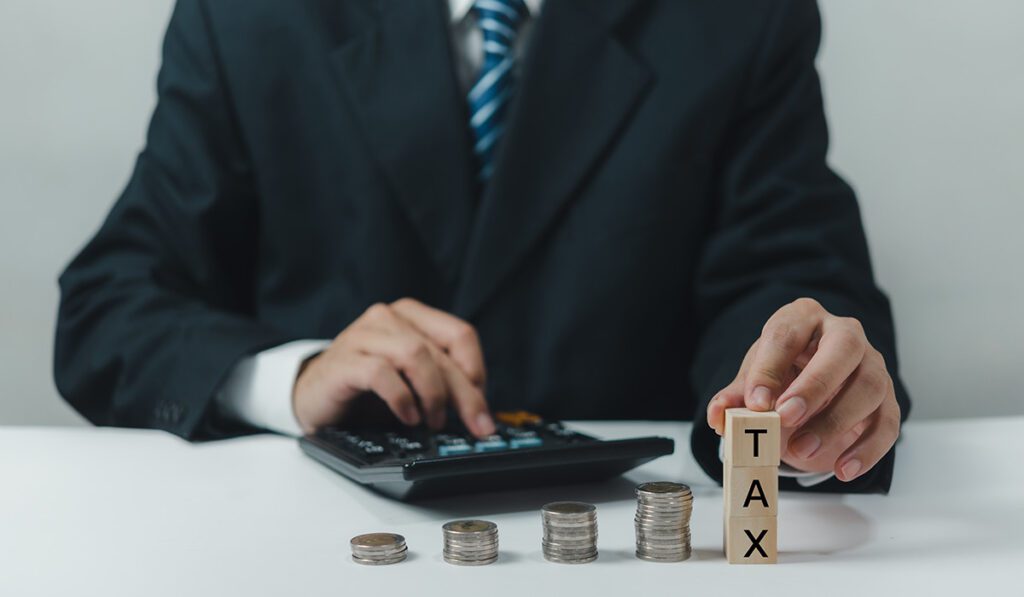

While capital gains tax plays a major role in many countries’ taxation systems, you’ll be surprised to note that Singapore capital gains tax is not handled in the same way. As a result, Singapore has no clear guidelines on how to classify business operations as taxable trading income and tax-free capital gains. But how would your company identify them to satisfy taxing regulations? Keep reading to find out. This piece is a comprehensive guide that will discuss everything you need to know about Singapore Capital Gains Tax.
What is Singapore Capital Gains Tax?
For some time now, Singapore has been the hub of new start-ups and business establishments. This region is considered one of the easiest places to start a business because of its fair tax policies. Singapore is renowned for its low personal and corporate tax rates, but what stands out is how Singapore Capital Gains Tax is handled.
The Singapore Capital Gains Tax is a levy applied to assets’ sales profits. You’ll simply calculate the difference between the asset’s selling and purchase prices to get this profit. However, you’ll be amazed to find out that the value of Singapore capital gains tax equals zero. No income tax will be charged on selling securities, properties, and other intangible assets. But these items will be taxed if you constantly buy and sell them for profit-making.
This system of charging Gains Tax only applies to traders and dealers whose income is generated from business activities related to selling different types of assets. Therefore, the nature of a business’s income will be accessed to identify whether or not it qualifies to be subject to the Singapore Capital Gains Tax. However, profit may be taxed if the Inland Revenue Authority of Singapore (IRAS) determines the buying and selling of assets to be a profit-making trade.
When Should Companies Pay Singapore Capital Gains Tax?
As mentioned earlier, businesses’ payment or non-payment of Singapore Capital Gains Tax is based on the Inland Revenue Authority of Singapore (IRAS) assessment. According to IRAS, companies must pay Gains Tax under the following conditions;
Purpose of the Sale
If a business sells its asset or property, IRAS will look into the underlying reason for the sale. The tax will be applied if the reason for the trade is classified as a profit-making motive. However, if the property has been sold due to a government decree or due to liquidation of assets, then the Singapore Capital Gains Tax won’t be levied.
Frequency of Sales and Purchases
A business may be taxed based on the frequency of its asset sales and purchases. A high frequency of these transactions will be subject to Capital Gains Tax. For instance, you purchase five buildings simultaneously and sell four of them within a year.
Holding Period
The taxability of a company’s profits will also depend on the total holding period of the asset. The holding period of an asset is the duration from the initial purchase of the asset till it’s finally sold. For instance, a company may purchase a warehouse building and sell it after 4 months to make a profit. IRAS may consider this type of business activity to be a short-term effort at making a profit, and the profit will be taxed.
Level of Enhancement Applied
A company’s amount of enhancement into an asset could also help identify a profit-making motive. If a company has spent considerable money to enhance or renovate a property before it’s sold, the profit made from these proceedings may be subject to taxation.
Purpose of The Transaction
You’ll need to review your transaction’s purpose by asking, “was the asset bought and used for its intended purpose?”. The tax will be levied depending on the answer to this question. For instance, if a warehouse was bought but wasn’t used to store goods and was sold after a few years, there may be some form of profit-making motive.
How To Determine the Nature of Income When Trading Capital Assets?
It can be difficult to determine which income should be subject to Capital Gains Tax and which shouldn’t. However, the following are essential factors that can determine the nature of income from the sale of an asset;
- The frequency of buying and selling capital assets
- The holding period of the asset
- The reason for acquiring and selling the asset
- The financial capacity to hold the asset for long-term
What’s The “Safe Harbour” Rule?
The Safe Harbour rule is a rule that applies to companies that buy and sell shares in other organizations. According to this rule, any company that sells shares in another organization will be exempt from Singapore Capital Gains Tax. However, the selling company must meet these requirements:
- Held more than 20% of the ordinary shares
- Held the shares for more than 24 months
However, if an organization fails to meet these conditions, the treatment of Singapore capital gains tax will be considered. This consideration will be based on the facts and underlying conditions of the transaction.
How Can We Help?
A low capital gains tax system will encourage more investment, while high capital gains will draw money out of the investments in a region. No doubt, Singapore is one of the best places for large investments because of the favorable Singapore capital gain tax system. While this tax is relatively absent in the region, it’s still possible to be subject to this levy under certain conditions. It can be tough to avoid falling victim to these conditions while navigating the business towards being a successful venture. You can hire Premia TNC to help you stay on track.
At Premia TNC, we are a highly-rated business consultancy firm. We’re familiar with the business scene in Singapore and know everything it takes to stay on the right side of the law. You can rest assured that we’ll help you avoid falling victim to the clutches of the Singapore Capital Gains Tax.
Frequently Asked Questions
What is the Singapore capital gains tax rate?
There’s no set Singapore capital gains tax rate. Income received from selling properties, securities, and intangible assets in Singapore is not taxed.




















